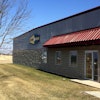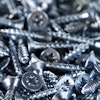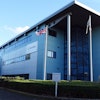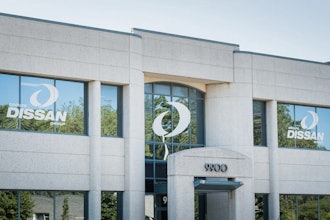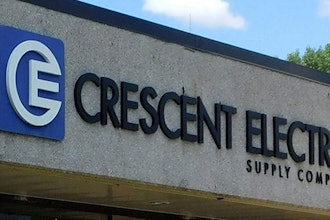VAN BUREN TOWNSHIP, Mich. (AP) — After more than a year in bankruptcy court, auto supplier Visteon Corp. emerged from Chapter 11 protection on Friday with $2.1 billion less debt on its balance sheet.
Visteon, which makes automotive interior products, filed for bankruptcy protection in May 2009 as the auto industry suffered from the economic downturn and a severe slump in sales. Multiple companies in the auto industry, including General Motors and Chrysler, filed for Chapter 11 during the recession as they struggled under heavy debt burdens.
Visteon's bondholders now hold a roughly 95 percent stake in the new company, in exchange for buying back $300 million of stock and raising another $950 million by backing a stock rights offering.
As part of its reorganization, Visteon paid $11.5 million to more than 6,500 retirees in exchange for being allowed to terminate their benefits.
Michigan-based Visteon is a former parts unit of Ford Motor Co. that was spun off in 2000. Ford is still one of its largest customers, and the automaker agreed to provide Visteon with $600 million in business through 2013 as part of its emergence from bankruptcy protection. Ford also agreed to drop $163 million in retiree benefit claims.
Visteon's second-quarter sales rose 24 percent to $1.95 billion, helped by the improving global market for auto sales. Visteon sold most of its products — including climate control systems and electronics — to Hyundai-Kia and Ford during the quarter. Asia was its largest regional market.
The company reported a loss of $201 million for the quarter.
Chairman and CEO Donald Stebbins said the reorganized company has a solid presence in fast-growing markets, including Eastern Europe and Brazil.
In a regulatory filing Friday, the company said it named eight new directors, including Mark Hogan, a former General Motors Corp. and Magna International Inc. executive, and Karl Krapek, the former president of United Technologies Corp.
The filing also revealed that Stebbins has a new contract that will pay him a base salary of $1.2 million.

